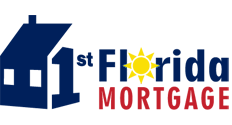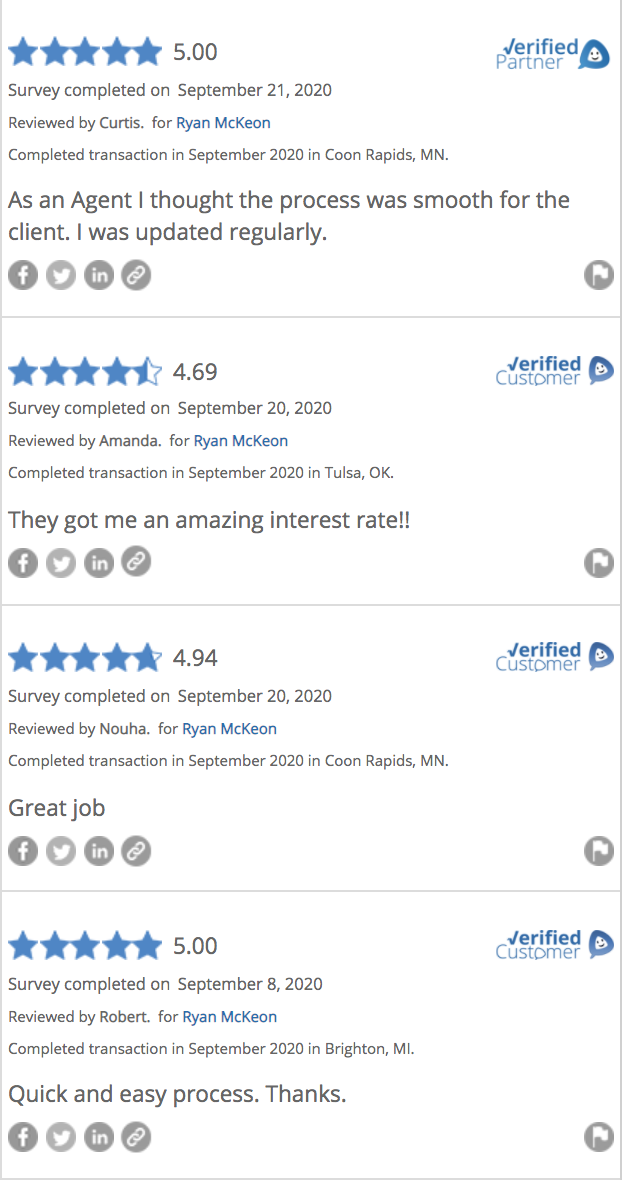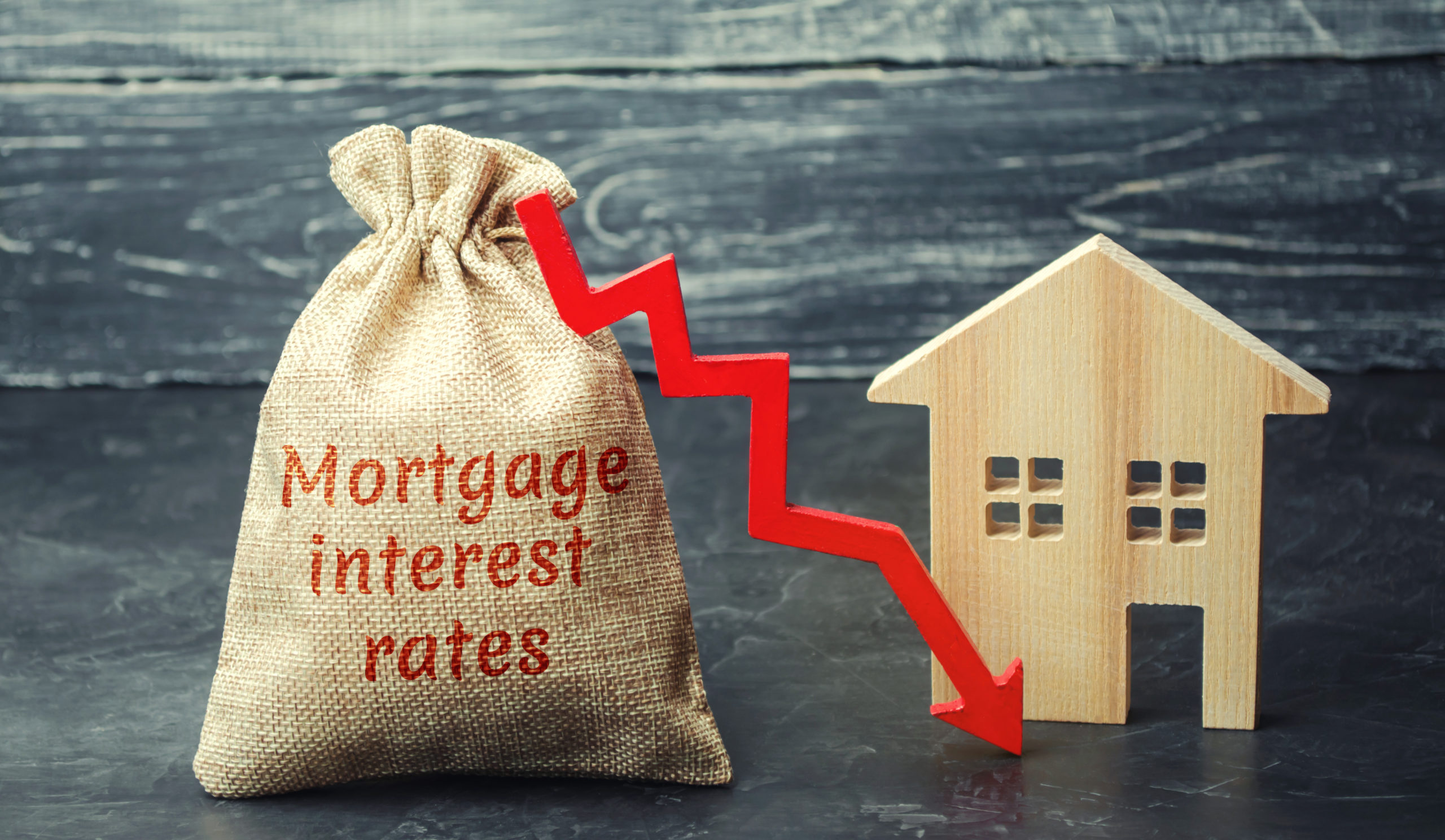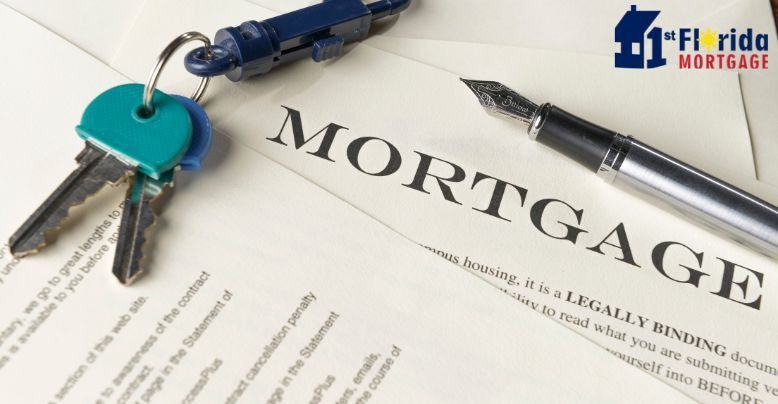Preparation¶
You’ll probably start entertaining the idea of looking for a home years before you’re totally financially prepared. It can be daunting, but it will give you a better idea of what you want, like a master suite, basement, or garage apartment. Using online mortgage calculators you’ll also be able to get a rough idea of what sort of debt-to-income ratio you’ll be able to afford when you buy, making sure you factor in possible financial emergencies. You want to be assured you can still afford your mortgage payment if a large unexpected expense like a medical bill or unemployment hits. ¶
Realtor¶
Almost anyone you know can recommend a realtor. But just because one person had a good experience doesn’t mean that realtor is a good fit for you. So you’ll want to call a few. You’ll know from an interaction or two if they’re what you’re looking for.¶
Typical commission for a realtor is 5 – 6% which will be split between the buyer’s and seller’s agents. If you do enough searching, you may even be able to find realtors that offer some cash back after purchase.¶
Home Search¶
Once you’ve found a realtor, he or she will send you updates of available properties that fit whatever parameters you set for your search. You may choose to do a quick drive by before calling to set an actual viewing appointment. And just because you have a realtor that doesn’t mean you cannot also look online yourself. ¶
Once you set up a viewing, you’ll know which one is the one you want to buy. You’ll start picturing how you’ll change the paint and where your furniture will go. You’ll be told many times to not let emotions get the better of your when you’re searching, but that’s difficult. Sometimes you’ll have found the exact property you want only to have another buyer come in with a larger or cash offer and you’ll have to start your search anew. Don’t get discouraged though. You will find the home that’s exactly right for you. ¶
Mortgage¶
The single most stressful part of purchasing a home is waiting to see if you’ve been approved for a mortgage.It’s so crucial that most purchase contracts have a “hold harmless clause” contingency if you cannot get a loan, which means your deposit money will be returned to you.
Unfortunately the term pre-approval is misleading. A pre-approval is used simply to show the seller and lender what amount you’re going to be able to spend on a property. Your mortgage requires quite a lot of your personal financial information. Some of those items are listed below but this may not be everything your lender asks you for:
- W2s from a current or prior employer (check stubs or canceled checks can be used instead under certain circumstances)
- Complete tax returns from the previous 2 or 3 years
- Complete credit report including a list of debts or liabilities
- Signed sales agreement
- Source and proof of non occupational income if you have any
- Spousal documentation that shows that you’re single, married or divorced
- Documentation of any bankruptcies¶
The Contract¶
Once your mortgage is approved, you still have things to do. You’ll finalize the paperwork with the lender, but you’ll also have to hire a home inspector, and possibly have a survey done so you know exactly where your property ends and your neighbor’s begins. You’ll need to obtain homeowners insurance, and possibly mortgage insurance. If renting, you’ll have to give notice that you’re moving and no longer leasing. ¶
The Closing¶
On the day you close, you’ll normally do a final walkthrough of the home. This is for you to check that inspections have been done properly and nothing about the property has changed or been altered from what’s stated in the purchase contract. Hopefully everything will be fine, and any price negotiations about repairs will already have taken place. If not, that negotiation may be another tiny glitch before you can receive the keys and call the property yours.
Purchasing a home can be a stressful and potentially complicated task. Decide a year or two in advance and get prepared. Save up a down payment, carefully choose a realtor, shop around for the right lender—and you’ll find the property that was meant to be your home.¶
Finding a Lender¶
Finding the right loan and lender is another stressful step. Do you choose a bank or a broker? What type of loan; FHA or conventional? When you choose a bank it’s just one source for your loan whereas a broker can send your application to multiple lenders at once which will assure you the right loan for you at the best possible rate.
First Florida Mortgage Can Help
At First Florida Mortgage, we are a Florida-based mortgage company that can help you through every step of financing your new home. Fill out the quick contact form or call First Florida Mortgage today at 1-407-392-4031 to speak with one of our Florida mortgage specialists and get a free good faith estimate.




